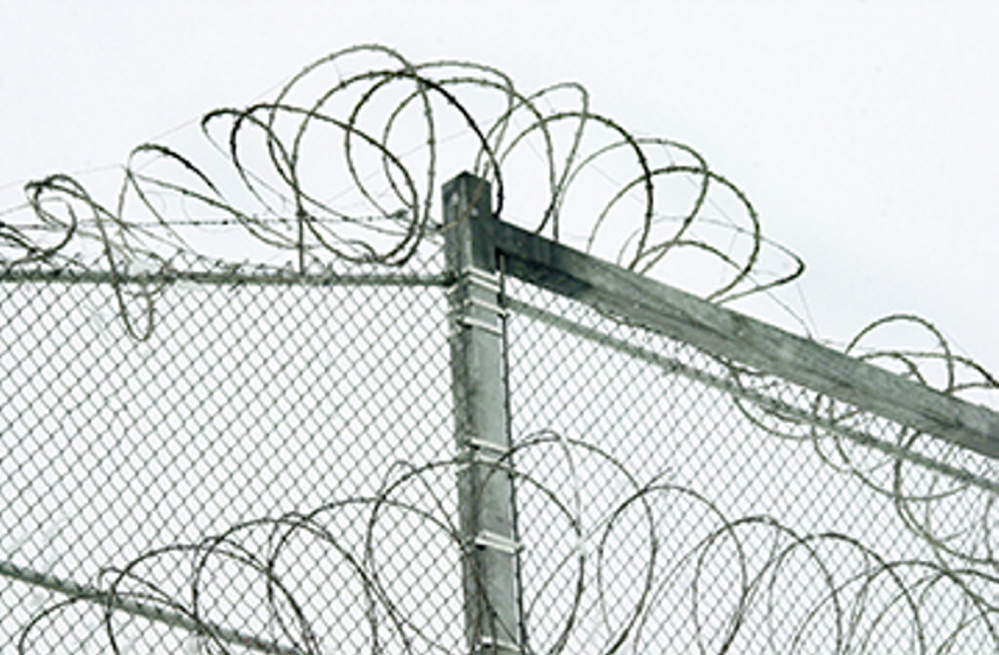President Barack Obama’s recent visit to a federal prison and his speeches detailing our failed justice system have escalated the national debate about the course we must take.
People on both sides of the aisle, often for different reasons, are joining in the call to reduce or eliminate mandatory sentences for nonviolent drug crimes, to reduce overcrowding, minimize or eliminate solitary confinement, to end discrimination in hiring felons who have served their time and allow those released to vote — all of which I unequivocally support.
For some, the reasons are primarily, or even entirely, fiscal. Our rate of imprisonment is bankrupting the nation and diverting funds from other critical uses such as education, preschool, health care and the infrastructure.
For others, the reasons also include a concern for the disproportionate number of persons of color who are caught up in our justice system, as well as the necessity to find a more humane approach in general.
PREVENT INCARCERATION
Most of the measures being discussed deal with correcting the injustices associated with incarceration.
We need to prevent the high rate of incarceration, however, rather than simply try to fix things once people are confined. We cannot be content to place a hospital at the bottom of a cliff to deal with those who have fallen — we must erect a fence at the top to prevent people from falling off the cliff.
Restorative justice offers a tangible approach to crime and wrongdoing at the front end of the problem. It has proven to be effective in reducing the number of people incarcerated by engaging victims, offenders, professionals and the community in a process that holds offenders accountable, seeks healing for victims and the community and rehabilitation for offenders.
It is not the answer for every crime, but it is the answer for most. It cannot meet all the needs of all victims. It will not eliminate the need for confinement for some but will eliminate the need for most. It will not prevent all further crime, but it will drastically reduce the pipeline from small wrongdoing and petty crime to hardened criminal behavior.
The essential reason that restorative justice is effective is that it is based on the healing of relationships rather than on punishment.
When I was a small child, movies about cowboys and Indians were a weekly affair. The constant portrayal of the Indians as brutal savages inevitably led me to cheer for the cowboys and reduce the Indians to non-persons.
Sadly, they are not the only ones in our nation to have been denigrated to the status of non-person. We live in a society populated by those deemed “other”: blacks, immigrants, gays, lesbians, those who are transgender, women, Jews, Asians, Latinos, the physically or mentally ill, etc.
Tragically, it is far too easy to resort to punishment when one considers someone to be “other.”
This is evident in the different ways we respond to a wrongdoing by our child or someone else’s child whom we don’t know. Our child made a mistake. Their child is “bad.” Our child must be helped. Their child must be punished.
CULTURE OF PUNISHMENT
It is critical that we understand that our justice system functions within the larger culture of punishment.
The media that sensationalize crime, the police who brutalize or kill, the politician who runs on the platform of “law and order,” the prosecutor who “throws the book at them,” the judge who “teaches them a lesson,” the corrections officer who treats the prisoner as “trash” — all are symptoms of our culture of punishment.
Fortunately, not all those within our justice system act punitively, but often they find themselves bucking the status quo.
Improving the ways in which we arrest, convict and imprison will provide some necessary relief from the gross injustices of the current system. However, what is needed is far more fundamental.
We need a deeply spiritual and moral transformation. We need to recover a sense of our inextricable connectedness — that we are one. We need to overcome our sense that some people are “other.” All are part of our community.
Overcoming our knee-jerk reaction to punish will not occur overnight. We will need to help each other; it’s rather like a 12-step program process. But we can overcome our penchant to punish. And until we do, changes in our justice system, however necessary, will not solve our problem.
The Rev. T. Richard Snyder, of Camden, is chairman of the board of the Restorative Justice Institute of Maine and professor emeritus and former academic dean of New York Theological Seminary and Bangor Theological Seminary.
Send questions/comments to the editors.




Success. Please wait for the page to reload. If the page does not reload within 5 seconds, please refresh the page.
Enter your email and password to access comments.
Hi, to comment on stories you must . This profile is in addition to your subscription and website login.
Already have a commenting profile? .
Invalid username/password.
Please check your email to confirm and complete your registration.
Only subscribers are eligible to post comments. Please subscribe or login first for digital access. Here’s why.
Use the form below to reset your password. When you've submitted your account email, we will send an email with a reset code.